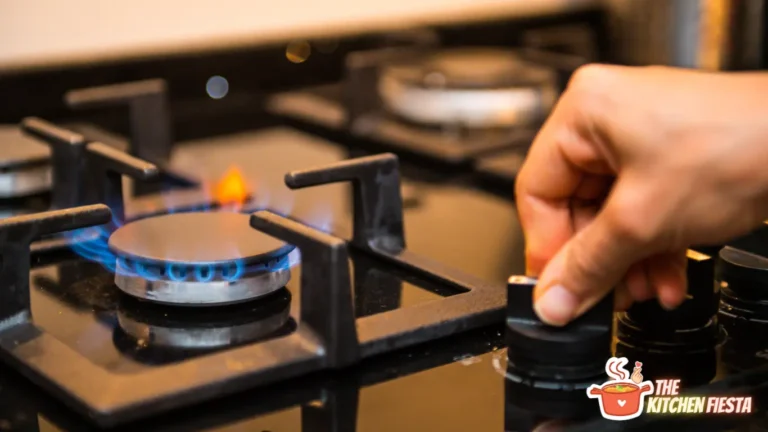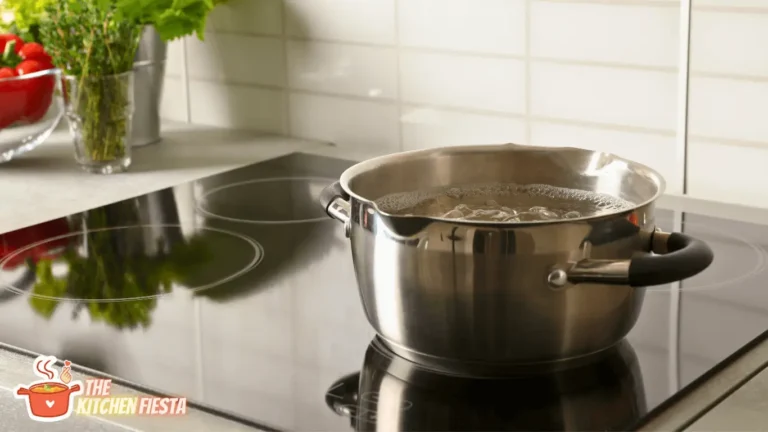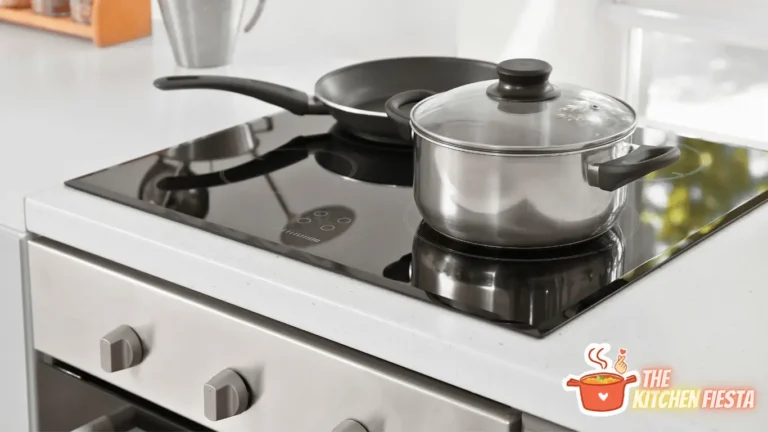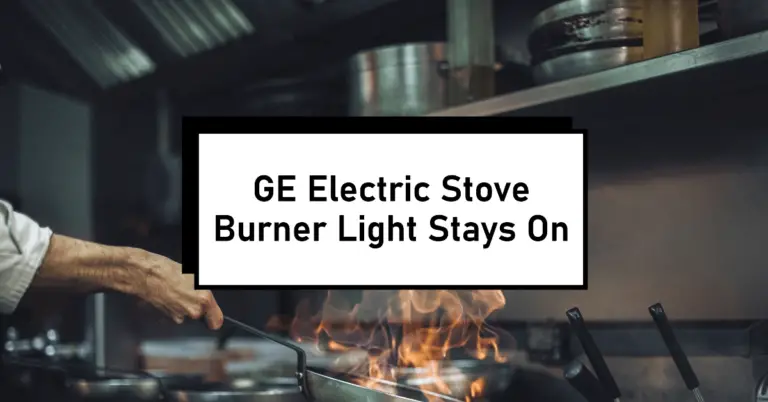How To Prevent A Stove From Blowing Up? Safety Tips and Best Practices
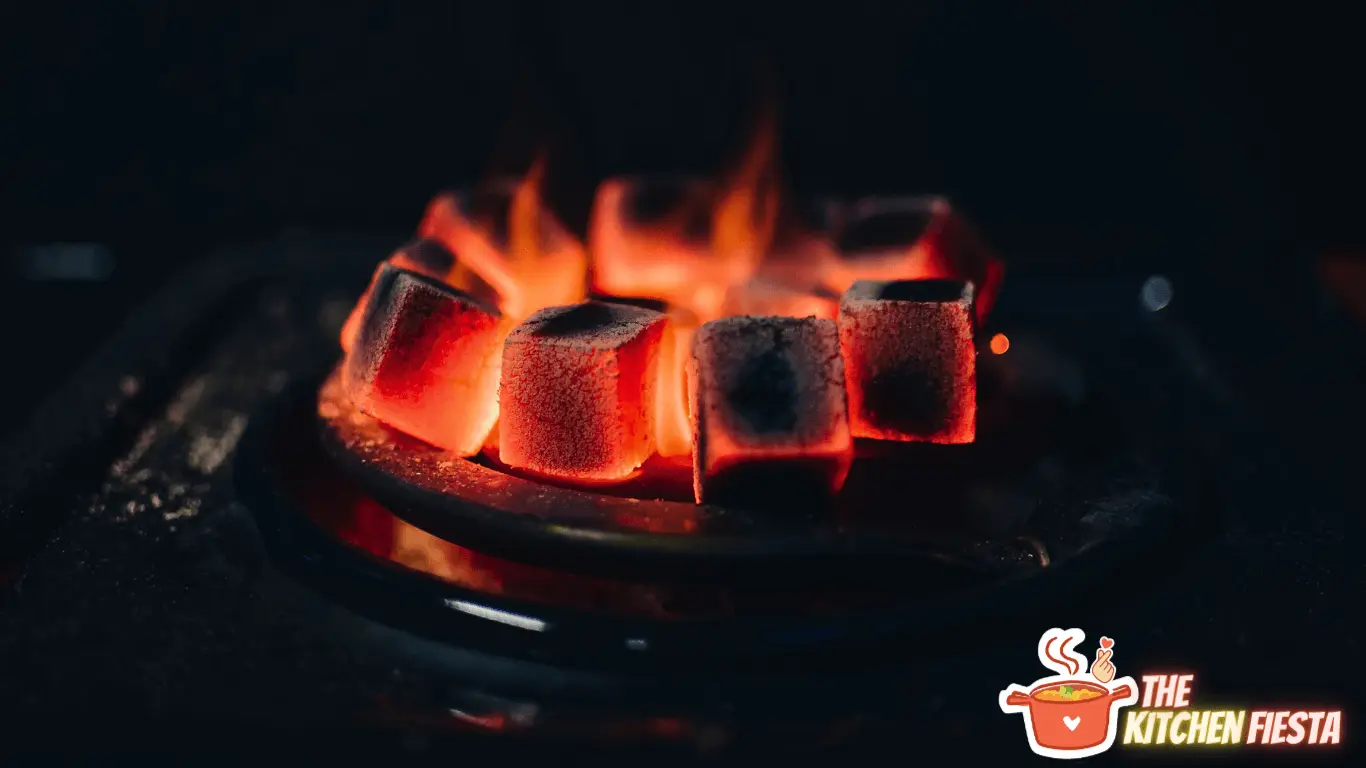
Keeping a stove clean and well-maintained is essential to prevent it from blowing up. The accumulation of dust, dirt, and grease can cause the stove to malfunction, leading to gas leaks, explosions, and fires. Therefore, it is crucial to follow some simple steps to ensure your stove’s and your home’s safety.
One of the first things to do is to clean the stove regularly and thoroughly. This includes removing the grates and burners and washing them with soap and water. Also, you must check the burner holes for any blockages caused by food debris or solidified oil. If there are any blockages, they can be removed using a toothpick, but care should be taken when doing so. Additionally, checking for gas leaks and maintaining the correct clearance between the burners and combustible materials can help prevent a stove from blowing up.
Did you know that over 266,000 people are injured and over 400 killed yearly in the United States from fires caused by gas ovens? So, we have compiled a list of best practices for preventing these dangerous incidents.
Understanding the Causes of Stove Explosions
Stove explosions can be dangerous and cause significant damage to your home. Understanding the causes of stove explosions can help you take steps to prevent them from happening.
Overheating
One of the most common causes of stove explosions is overheating. Overheating can occur when a stove is left on for an extended period or used improperly. When a stove overheats, it can cause the metal to expand, leading to cracks and other damage that can ultimately lead to an explosion.
Gas Leaks
Another common cause of stove explosions is gas leaks. Gas leaks can occur when there is a problem with the gas line or when the stove is not properly maintained. When gas leaks occur, the gas can build up in the room, creating a dangerous situation that can lead to an explosion.
Pressure Buildup
The pressure buildup is another common cause of stove explosions. Pressure buildup can occur when there is a blockage in the stove’s ventilation system or when the stove is not properly maintained. When pressure builds up, it can cause the stove to explode.
Emergency Procedures
In the event of a stove explosion, it is important to have a clear plan of action to ensure the safety of everyone in the vicinity. This section outlines the recommended emergency procedures to follow in case of a stove explosion.
Evacuation Plan
The first step in any emergency is to evacuate the area immediately. If a stove explosion occurs, individuals should quickly and calmly exit the building through the nearest exit. It is important to avoid using elevators and instead use the stairs to avoid being trapped in the event of a power outage.
Once outside, individuals should move safely from the building and call 911 to report the incident. If there are injured individuals, it is important to wait for emergency services to arrive and provide assistance as needed.
Shutting Off the Gas Supply
If the cause of the explosion is a gas leak, it is important to shut off the gas supply to prevent further damage or danger. The gas supply valve is typically located behind the stove or in a nearby utility closet. If it is safe, individuals can turn off the gas supply by turning the valve clockwise until it is fully closed.
Calling for Help
In any emergency, calling for help as soon as possible is important. If a stove explosion occurs, individuals should call 911 and report the incident to emergency services. It is important to provide as much information as possible, including the location of the incident, any injuries, and any potential hazards such as gas leaks or fires.
Once emergency services arrive, individuals should follow their instructions and provide any assistance as needed. It is important to remain calm and follow the recommended emergency procedures to ensure the safety of everyone involved.
Preventive Measures
Preventing a stove from blowing up requires taking certain preventive measures. These measures involve regular maintenance, proper ventilation, and safe cooking practices.
Regular Maintenance
Regular maintenance is crucial in preventing a stove from blowing up. It includes cleaning the stove daily, removing the heavy grates and burners, and washing them with soap. One should also check the burner’s holes for any blockages caused by food debris and solidified oil. In case of blockages, one can use a toothpick to unblock them. Additionally, one should inspect the gas lines and fittings for leaks and fix them immediately.
Proper Ventilation
Proper ventilation is essential in preventing gas buildup, which can cause a stove to blow up. One should ensure that the kitchen has adequate ventilation, such as an exhaust fan or a window, to allow fresh air to circulate. In case of gas leaks, one should immediately turn off the gas supply and open the windows for ventilation.
Safe Cooking Practices
Safe cooking practices are also crucial in preventing a stove from blowing up. One should avoid using flammable liquids near the stove, such as alcohol, and never leave the stove unattended while cooking. Additionally, one should avoid using damaged or cracked cookware, which can cause gas leaks or explosions. One should also avoid overloading the stove with too many pots and pans, causing overheating and gas buildup.
Real-Life Example Of Gas Explosion In Kitchen
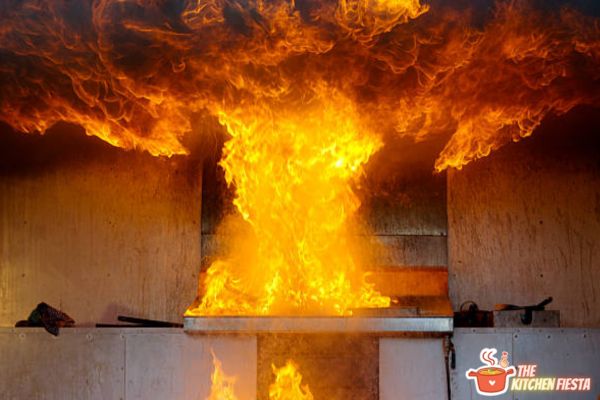
Gas explosions in the kitchen can occur for various reasons, including gas leaks, improper handling of gas stoves, and lack of maintenance. Here is a real-life example of a gas explosion in a kitchen.
In 2019, a family in New Jersey experienced a gas explosion in their kitchen. The mother was cooking on the gas stove when she smelled gas. She immediately turned off the stove and opened the windows to let the gas out. However, the gas had already spread throughout the kitchen. The kitchen exploded when she tried to light a match to check for leaks.
The explosion caused significant damage to the kitchen and injured the mother and her daughter. They were rushed to the hospital with burns and other injuries. The gas company later found out that the gas leak was caused by a faulty gas line that had not been properly maintained.
This real-life example highlights the importance of proper maintenance and handling of gas stoves and gas lines. It is essential to have gas lines checked regularly by professionals and handle gas stoves carefully. Turning off the stove immediately is crucial in case of a gas leak, as opening the windows and calling a professional to fix the issue.
To prevent gas explosions in the kitchen, here are some additional tips:
- Install a gas leak detector near your stove
- Clean your stove daily and check the burner’s holes for any blockages
- Do not turn on the lights if you smell gas, as it can cause a spark and ignite the gas
- Use warm soapy water to check for gas leaks, and if you find any, call a professional immediately.
Conclusion
Preventing a stove from blowing up is crucial to ensure the safety of your home and family. Following the tips and guidelines discussed above can significantly reduce the risk of a stove explosion.
Regular cleaning and maintenance of the stove, including the burners and gas valves, is essential. Always check for gas leaks and ensure the flames are blue and steady. Avoid leaving the stove unattended; never throw water onto a grease fire.
Also, using a fire extinguisher and wearing protective clothing can help prevent accidents. Please remember that even a small mistake can lead to a catastrophic event, so be diligent and cautious when using any stove.
FAQs
Can a stove explode if it’s not being used?
It’s highly unlikely that a stove will explode if it’s not being used. However, if there is a gas leak, gas can build up and cause an explosion. Regularly checking your gas lines is important to ensure there are no leaks.
Can a stove explode if it’s left on for too long?
While it’s not common for a stove to explode if it’s left on for too long, it’s not impossible. If the stove is left on for an extended period, it can overheat and cause a fire. When you’re cooking, remember to keep an eye on your stove and turn it off when you’re done.
Can a stove explode if it’s dirty?
While a dirty stove may not necessarily explode, it can be a fire hazard. Grease and food particles can build up on the burners and ignite, causing a fire. It’s important to clean your stove regularly to prevent any potential fire hazards.
Can a stove explode if it’s been damaged?
If a stove has been damaged, it can malfunction and cause a fire or explosion. It’s important to have your stove inspected by a professional if it has been damaged.

